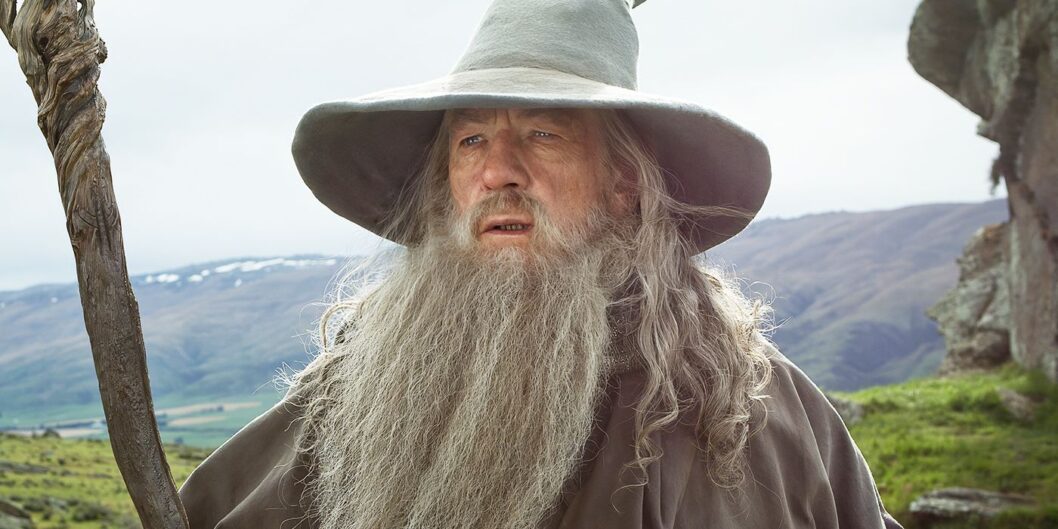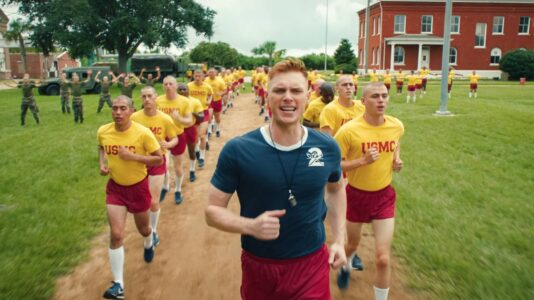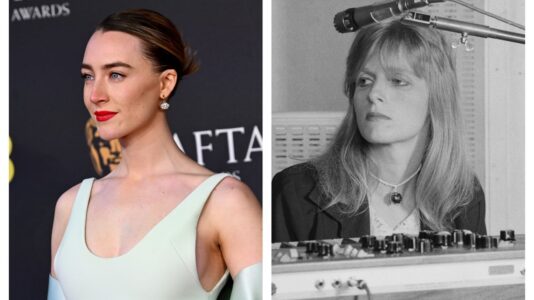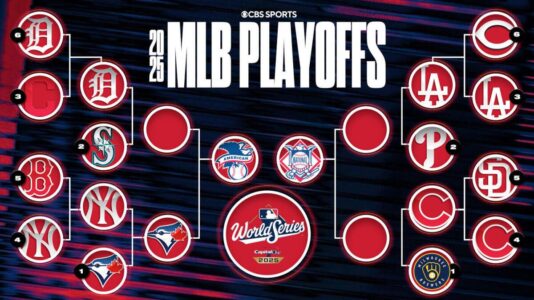The Enduring Charm of Iconic Fantasy Characters in Film
The realm of fantasy in film continues to captivate audiences through timeless storytelling, unforgettable characters, and imaginative worlds. Spanning decades, the influence of these characters reflects their ability to resonate across generations. From animated classics to live-action spectacles, fantasy characters have become cultural icons, evoking nostalgia and a sense of wonder in equal measure.
Totoro: A Symbol of Wholesome Charm
One of the most recognizable characters in anime history is Totoro, the adorable spirit from My Neighbor Totoro (1988). Created by Studio Ghibli, Totoro’s comforting presence and whimsical design have turned him into a symbol for fantasy within anime filmmaking. Despite being over 35 years old, his constant representation in merchandise and as the studio’s logo ensures he remains ingrained in popular culture, beloved by fans both young and old.
Conan the Barbarian: The Quintessential Fantasy Warrior
The legacy of Conan the Barbarian, particularly through Arnold Schwarzenegger‘s iconic portrayal in the 1982 film, highlights the enduring appeal of the classic warrior archetype. This character encapsulates the journey of a hero battling evil, making a powerful impact in fantasy storytelling. Conan set the standard for muscular heroes in fantasy, with his design offering both simplicity and complexity.
The Grinch: Holiday Icon
Celebrated as a Christmas staple, The Grinch symbolizes holiday mischief and redemption. With various adaptations, including Jim Carrey‘s live-action performance and the animated classic, the Grinch has solidified his role as a cultural figure representing the season’s grumpiness. His enduring popularity reflects not only in film but also as a recognizable character in wider pop culture.
Ariel: The Mermaid Princess
Ariel from The Little Mermaid (1989) represents the quintessential Disney princess. Her journey of transformation and self-discovery resonates with audiences of all ages. As Disney navigated its renaissance period with this film, Ariel became a powerful brand figure, retaining her iconic status through various adaptations, including a recent live-action remake featuring Halle Bailey.
Shrek: The Anti-hero of Fantasy
Shrek emerged as a cultural phenomenon that redefined fairy tale conventions when it debuted in 2001. Breaking away from traditional narratives, Shrek’s charm lies in its humor and satire of fairy tale tropes. This anti-hero’s unexpected popularity soared in the digital age, leading to an avalanche of memes and cultural references, proving that there’s still a significant anticipation for the character with a fifth film on the horizon.
Willy Wonka: The Eccentric Candy Maker
The whimsical nature of Willy Wonka, portrayed beautifully by Gene Wilder in Willy Wonka & the Chocolate Factory (1971) and further interpreted by Johnny Depp and Timothée Chalamet in subsequent adaptations, showcases the character’s vast appeal. His balance of childlike wonder and adult eccentricity has made Wonka a memorable figure well beyond film, influencing numerous brands and cultural references.
Jack Sparrow: The Icon of Adventure
Jack Sparrow, portrayed by Johnny Depp in the Pirates of the Caribbean series, has become one of the defining figures of modern adventure fantasy. His quirky personality and memorable quotes have not only earned him a loyal fanbase but transformed him into an inescapable cinematic icon. The series, while experiencing fluctuations in critical reception, ensures Jack Sparrow’s continued presence in the cultural zeitgeist.
Harry Potter: A Timeless Legacy
The Harry Potter film series, starting in 2001, has left an indelible mark on the fantasy genre, with Harry Potter himself growing to symbolize magic and adventure for a generation. Iconic imagery, such as the lightning bolt scar, has instilled Harry’s status as a beloved character. As a new series is poised to reignite interest, Harry remains an enduring fantasy icon.
Gandalf: The Wise Wizard
Gandalf, brought to life by Ian McKellen in The Lord of the Rings trilogy, serves as the archetypal wise mentor within the genre. His character embodies the strength and wisdom needed to guide protagonists through their journeys. Gandalf’s influence extends well beyond the films, established as a symbol of magical fantasy and profound storytelling.
The Wicked Witch of the West: The Archetypal Villain
Lastly, the Wicked Witch of the West from The Wizard of Oz (1939) stands as possibly the most recognizable movie villain of all time. Margaret Hamilton‘s portrayal has shaped the image of evil witches in cinema, with her lasting impact observable in modern adaptations. The archetype she established continues to resonate, proving her status as a titan of fantasy villains.
Conclusion: The Cultural Impact of Fantasy Characters
The enduring legacy of these characters highlights their vital role in shaping the landscape of the fantasy genre. Their distinctiveness and relatability allow them to transcend time, resonating with audiences across generations. As fantasy continues to evolve, these cherished icons will remain integral, reminding us of the magic and wonder that storytelling brings to our lives.









